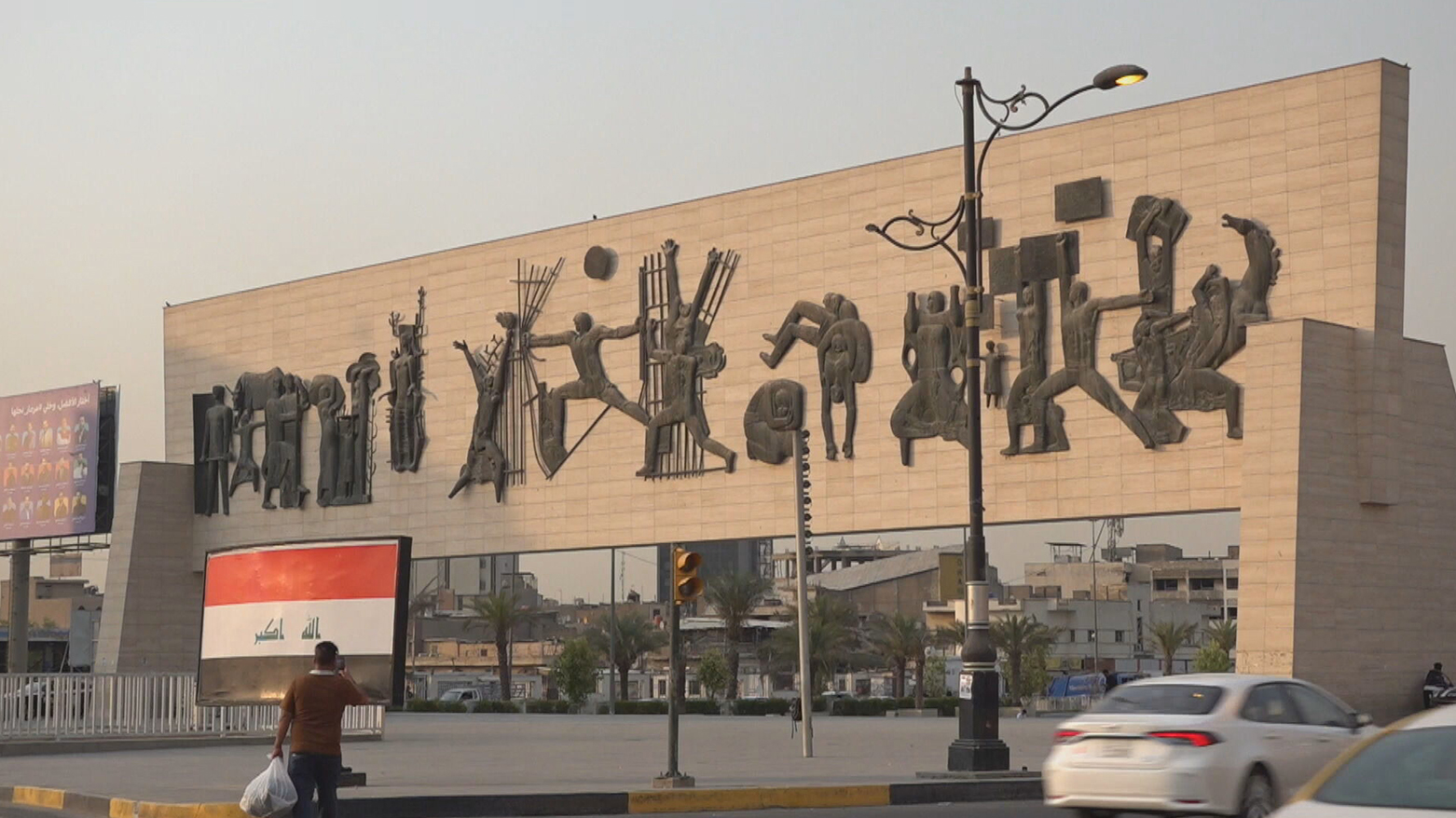Iraq’s Enduring Corruption Crisis: Over $776 Billion Lost Since 2003
According to the 2024 Corruption Perceptions Index, Iraq ranks 140th globally, reflecting its ongoing struggle to address widespread graft.

ERBIL (Kurdistan24) – Corruption has become deeply entrenched in Iraq’s governance system, shaping political power and influencing key economic decisions for over two decades. Despite immense oil wealth, real spending on infrastructure, education, and healthcare has accounted for less than 20 percent of total oil revenues, leaving citizens with declining public services and underdeveloped facilities.
Former Iraqi Prime Minister Mustafa Kadhimi previously revealed that between 2003 and 2020, Iraq lost more than $600 billion due to financial and administrative corruption. From 2021 onward, no official figures have been published, but experts believe the losses have continued at a similar or even greater rate. If the estimated annual loss of $35 billion persisted from 2021 to 2025, Iraq’s total losses over the past 22 years could reach $776 billion—equivalent to the nation’s entire budget for five years.
The so-called “heist of the century” scandal is only one of many corruption cases that have plagued state institutions. While some have come to light, many remain hidden within the country’s political and administrative elite.
Economic analysts warn that Iraq’s failure to curb corruption has intensified the gap between massive oil revenues—exceeding $1.2 trillion since 2003—and actual development. The result is a growing divide between revenue generation and service delivery, as billions vanish without contributing to national progress.
According to the 2024 Corruption Perceptions Index, Iraq ranks 140th globally, reflecting its ongoing struggle to address widespread graft.
Experts estimate that the $600 billion lost between 2003 and 2020 alone could have financed Iraq’s budget for four consecutive years without exporting a single barrel of oil. The same amount surpasses the annual budgets of several neighboring countries—Jordan’s $25 billion, Lebanon’s $16 billion, and Syria’s $8–10 billion—by staggering margins.
Independent economic studies suggest that this amount of lost wealth could have transformed Iraq’s infrastructure, funding the construction of 10,000 modern schools, 1,000 hospitals, and 5,000 residential complexes, in addition to creating a reliable electricity grid and comprehensive water and sanitation networks across all provinces.
Despite repeated reform pledges from successive governments, Iraq’s entrenched corruption continues to erode its economic potential, weaken public trust, and obstruct the nation’s path toward stability and prosperity.